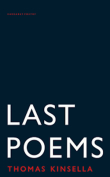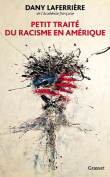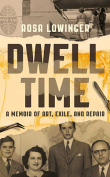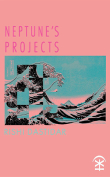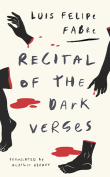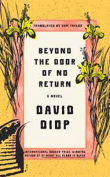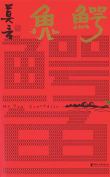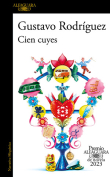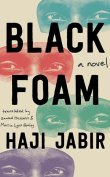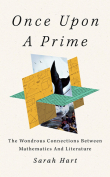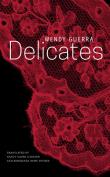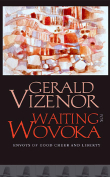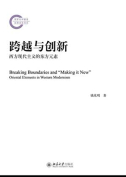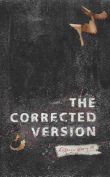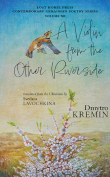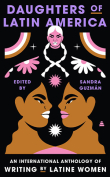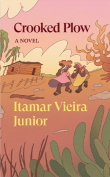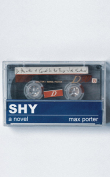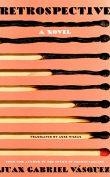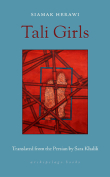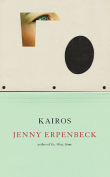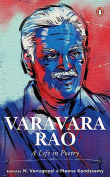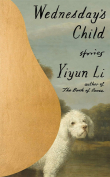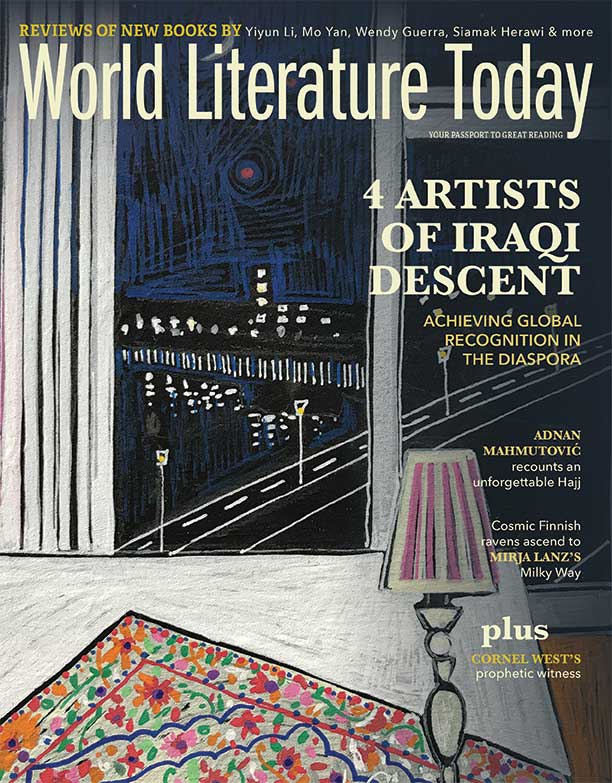Last Poems by Thomas Kinsella
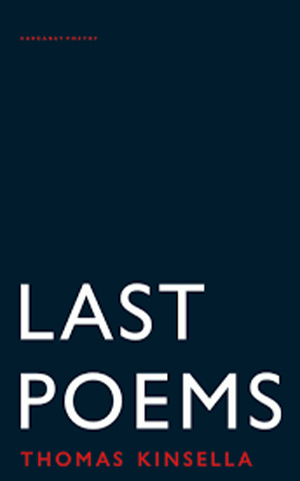 Manchester, UK. Carcanet. 2023. 136 pages.
Manchester, UK. Carcanet. 2023. 136 pages.
Thomas Kinsella’s final collection, Last Poems, combines the five pamphlets of Peppercanister poems (that were first presented in 2013 as a collection titled Late Poems) with new poems written in the eight years before his death in 2021. Readers should not expect the arc of coherence found in a collection conceived as a whole; however, Kinsella’s repeated concerns with metaphysical and existential issues serve to give the volume a consistency of persistent preoccupation. Each Peppercanister grouping of five to nine poems is loosely gathered around its own focus—e.g., “Man of War,” “Belief and Unbelief,” and “Love Joy Peace”—providing us with some sense of unity within the sections.
Not all these poems have the impact and persuasive effect of Kinsella’s earlier work, such as the poems “Mirror in February” or “Ritual of Departure,” but it is inspiring to see a poet in his ninth decade still asking difficult questions and exploring the purpose and position of human existence. In some poems, we encounter the interiority of deep solitude, such as when the speaker enters a silent church to pray before exiting back onto the street; in other poems, we encounter far-ranging considerations, such as musings on the development of humankind or the nomadic life of hunter-gatherers. The strategies and points of view vary from poem to poem, from momentary introspection to historical survey, but one consistent feature is a philosophical voice comfortable with long stretches of abstract and conceptual language. This is sometimes a problem, at least for this reader.
There are brief passages of imagistic and figurative brilliance, such as in the last few lines of “Retrospect”: “Matter and Man / melt in climax: satisfied, from on high, / a raping angel with a playful name / wipes his wings above a bowl of flame.” These final two lines bring together sonic texture in iambic pentameter lines with memorable image and metaphor. Also, compare them to this passage from an earlier poem by Kinsella, “Ritual of Departure”: “A stag crest stares from the soft solid silver / And grimaces, with fat cud-lips but jaws / That could crack bones. The stag heart stumbles. / He rears at bay, slavering silver; rattles / A trophied head among the gothic rocks.” Both use vividly memorable image, assonance, and consonance while stating—no, embodying—their “ideas.” Unfortunately, in these final poems, Kinsella has very few such passages.
In poem after poem, Kinsella relies on abstract, conceptual, or general nouns almost exclusively. Whole poems will employ the language of abstraction while also considering conceptual or abstract topics. The effect is poetically enervating. Consider this passage from “Songs of Understanding,” selected almost randomly: “Accepting the waste and the excess, / and a fundamental inadequacy / in the structure as a whole / and in each individual part, / there is still an ongoing dynamic / in the parts as they succeed each other, / and in the assembling record, / that registers as positive.” Sadly, passages of image impoverishment like this are the rule, not the exception. Many of these poems read like analytical exposition, content with explanation and bald statement, draft notes for the skeletal abstract of the poem, not the poem itself. The poetic effect of the entire book is proportionately attenuated.
Still, in spite of all this, we are grateful to have these poems, the final utterances of one of Ireland’s finest contemporary poets. Perhaps the austerity of the language in this volume is not unlike that of Eliot’s language in the Four Quartets, the poet already moving into a place where we cannot follow.
Fred Dings
University of South Carolina
